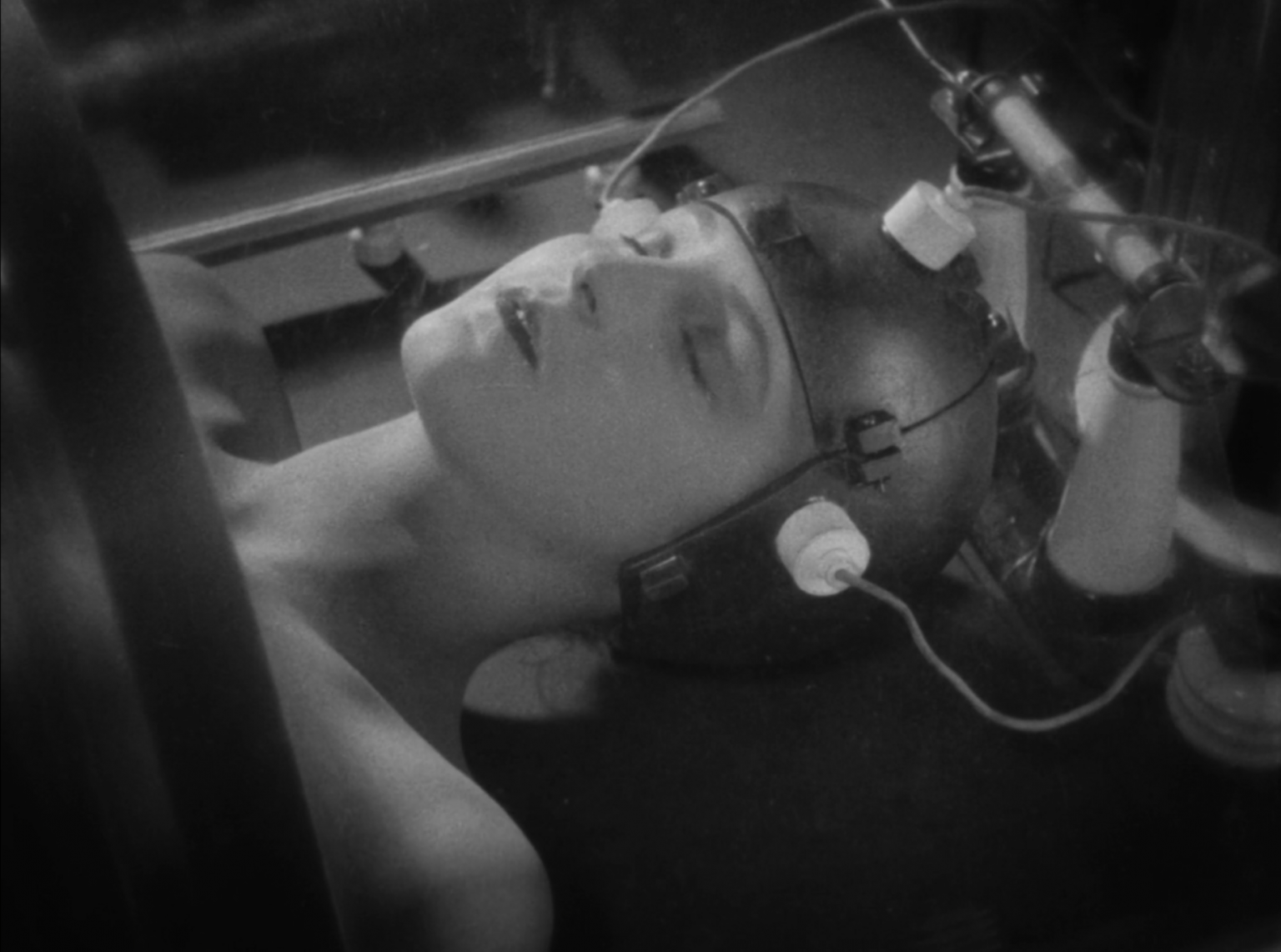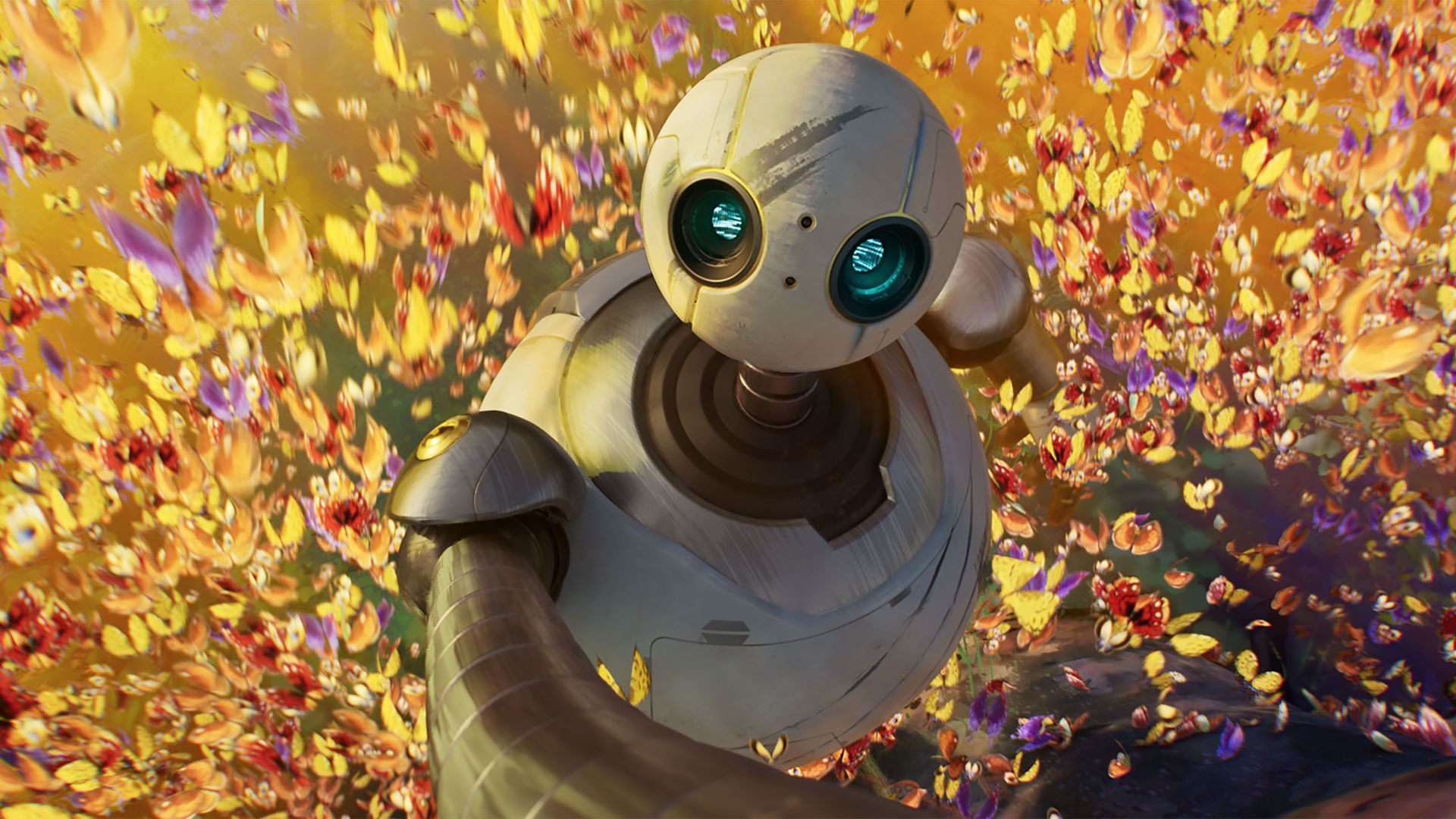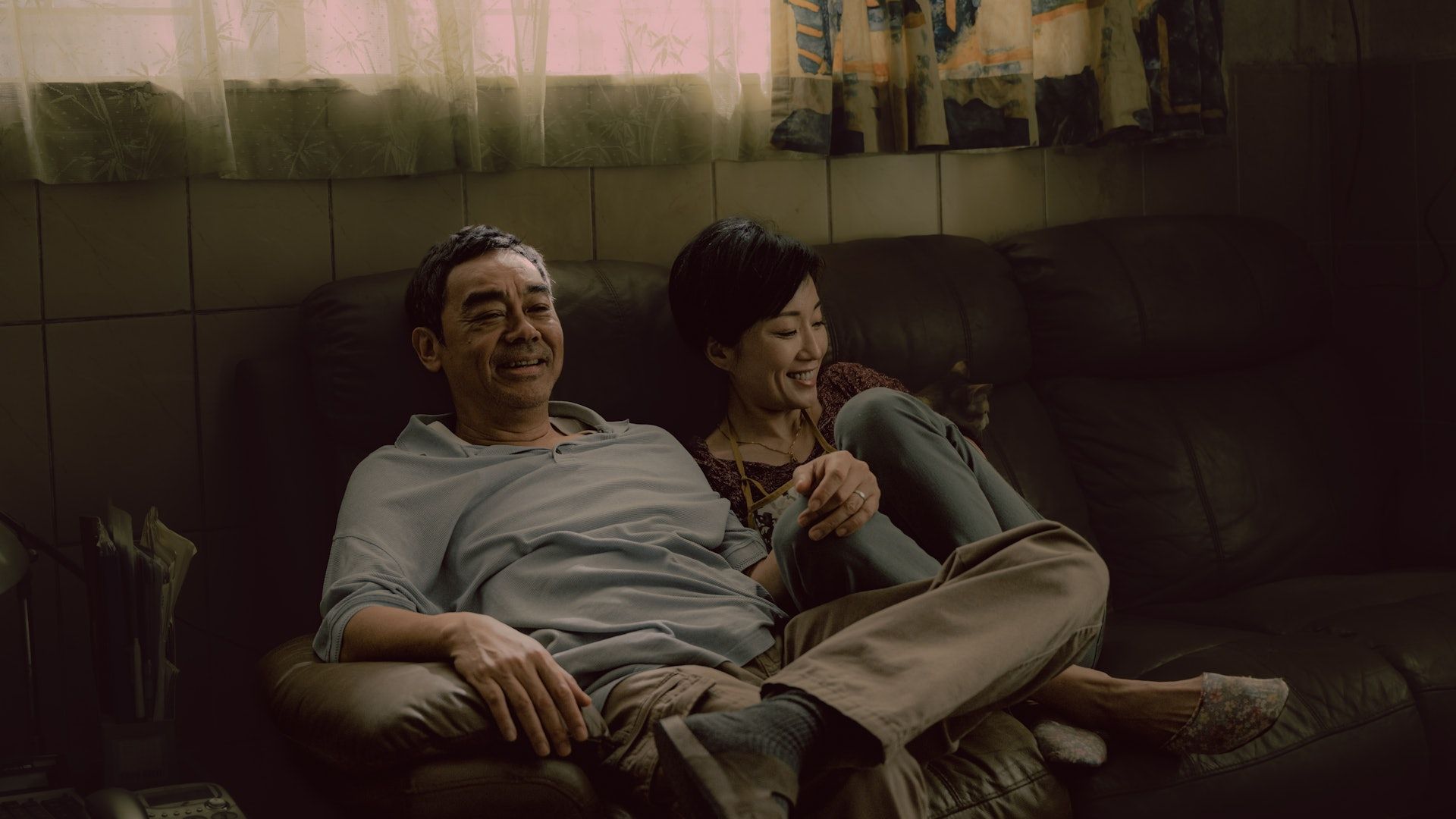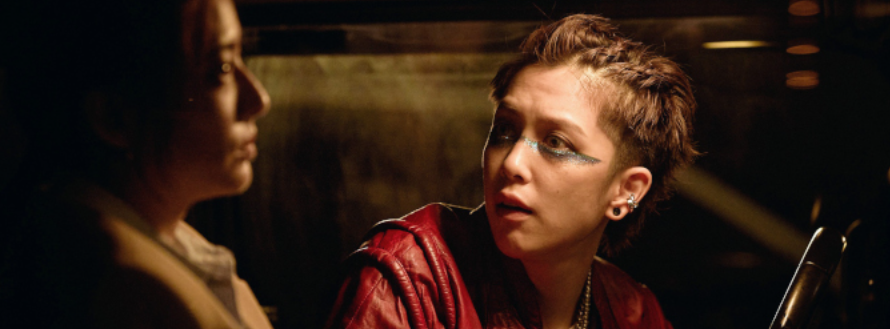Film Essay #1: Mind-body Dualism in Film
Film Essay #1: Mind-body Dualism in Film
The dualist theory of the human mind and body has been a longstanding philosophical conundrum explored in both book and film. In 1949, British philosopher Gilbert Ryle first proposed the term “ghost in the machine” in his book The Concept of Mind. In it, he rejects René Descartes’ theory of mind-body dualism, arguing that the intelligence of the mind should not be viewed as its own separate entity from the body. This was followed up in 1967 by Arthur Koestler in his book The Ghost in the Machine, where he proposes that the mind can exist by itself but is also intrinsically part of a body.
In film, the notion of mind-body dualism has taken on many forms and interpretations since the silent era. Like philosophers, filmmakers have viewed the theory from different stances, sometimes drawing on previous works as inspiration and to supplement their narrative. While the premise of such films have evolved as a commentary on societal and technological changes, the thematic relation to the mind-body theory have remained.
Across various cultures and spanning decades, the mind-body dualism has been broached to contemplate what entails human intelligence. Robots, artificial intelligence have been used in film to distinguish the physical body from intelligence. As a tangent to that, filmmakers have also attempted to elicit some truth as to whether the artificial recreation should be considered as equal to the original.
Metropolis (1927)
Fritz Lang’s 1927 German expressionist film envisioned an urban dystopia where the towering skyscrapers of Metropolis sit upon the giant machinery beneath. Freder, the son of Metropolis’ ruler Fredersen, is infatuated with Maria, a lady from the working class. When Fredersen learns of Maria and Freder’s plan to bridge the class divide, he commands the inventor Rotwang to create a robot with Maria’s likeness to thwart their plans.
The main critique in
Metropolis remains the class divide that mirrors modern day society, but the film uses the conflicted nature of the mind and body as a significant plot device. The Maschinenmensch (literally machine man) is the robot created by Rotwang that gets imprinted with the likeness of Maria as a deception. The final product is a robotic clone bearing a striking resemblance to Maria, but without the will to act of its own accord. It is only under Rotwang’s commands that the false Maria appears to take on human like behaviour. For Lang, the robotic figure merely exists as a shell for Maria’s likeness, functioning as a machine without self-awareness or intelligence.
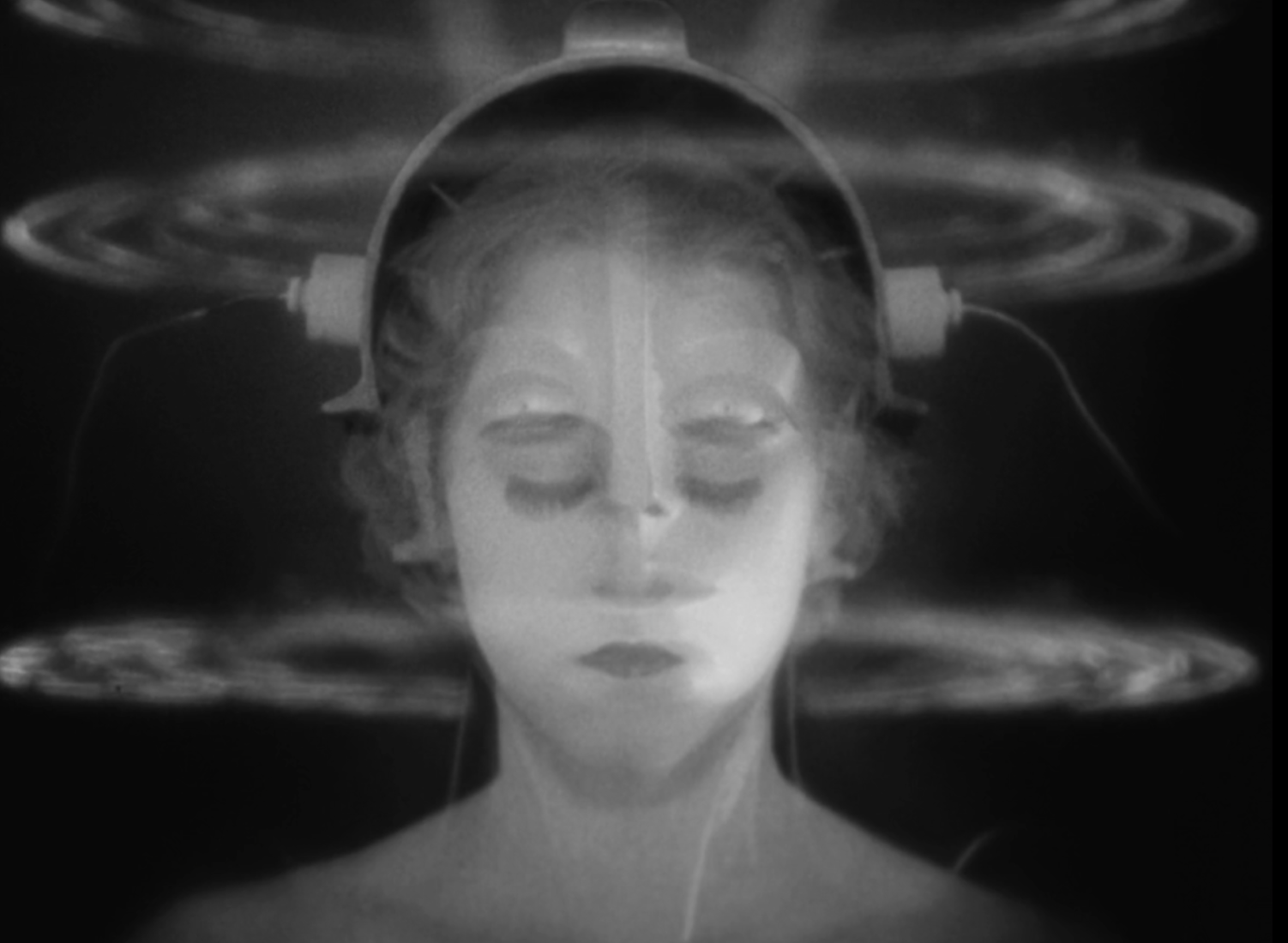
Lang also frames the idea of robotic intelligence as maleficent instead of a technological breakthrough. The robotic Maria remains an antagonistic force throughout the film, even though it has no agency of its own and is controlled by Rotwang. Despite being a separate, innocuous entity on its own, the robot is viewed with fear and finally burned at the stake. Upon its death, the likeness of Maria disappears, reinforcing the fact that the resemblance was only superficial.
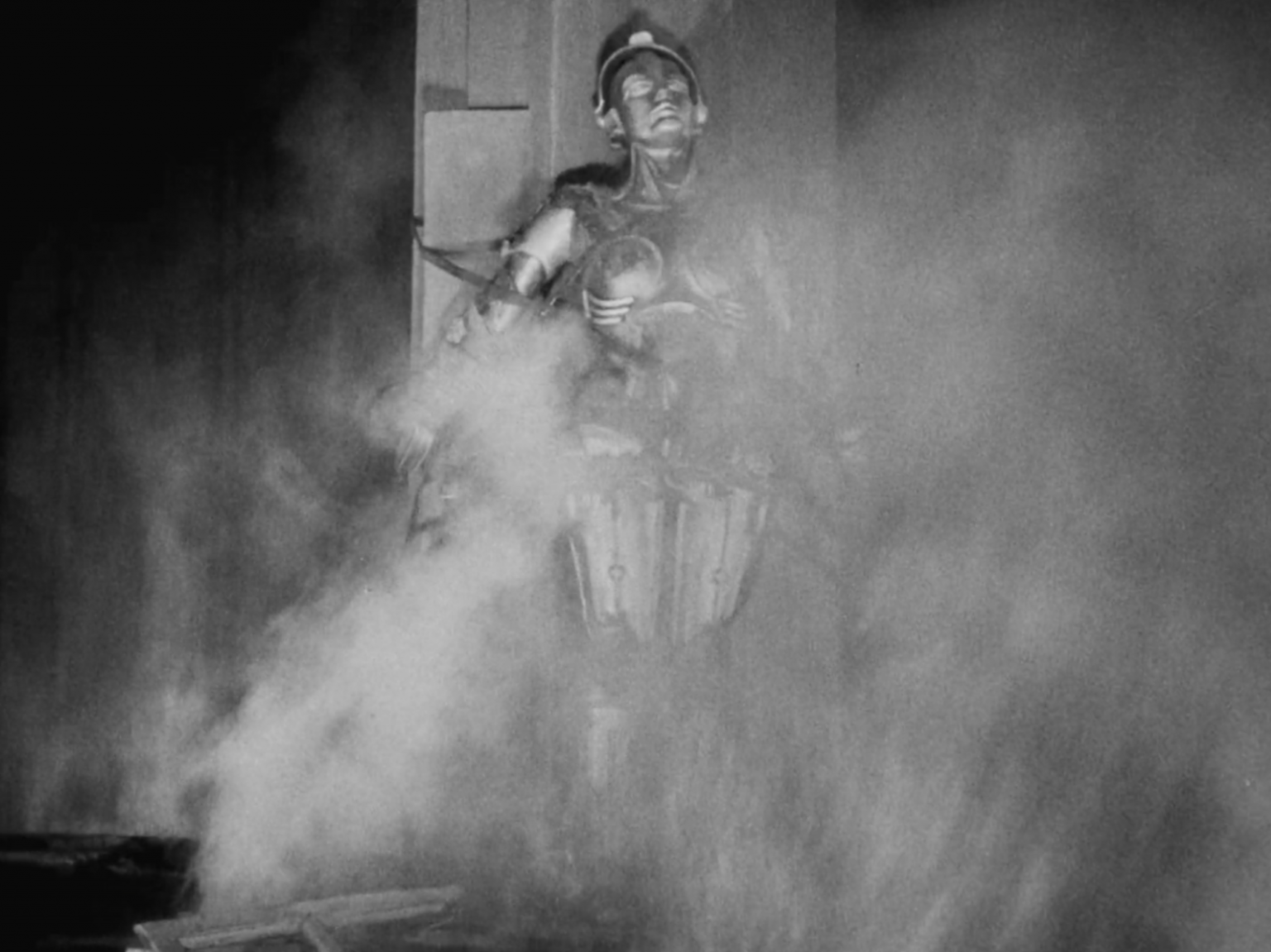
Ghost in the Shell (1995)
Mamoru Oshii’s neo-noir thriller, adapted from the manga, is an amalgamation of influences from the cyberpunk genre with its title derived from Koestler’s book. Set in 2029, Ghost in the Shell follows Major Motoko Kusanagi, an agent working for the government. The culture of augmenting bodies allows a hacker, the Puppet Master exert control over those individuals. In a bid to stop terror attacks, Kusanagi and her team attempt to hunt it down.
Ghost in the Shell feels like an evolution of the themes first presented in Metropolis. Instead of creating a robot with human like features, an intelligent consciousness inhabits an augmented but intelligent body. The film also reflects the technological paranoia surrounding the internet in its initial years, where the vast interconnectivity could be exploited by hackers. The Puppet Master preys on unsuspecting victims who have augmented bodies, using them as mere vessels for its deeds. Further to that, the individuals have disassociative behaviour upon regaining control of their own bodies.
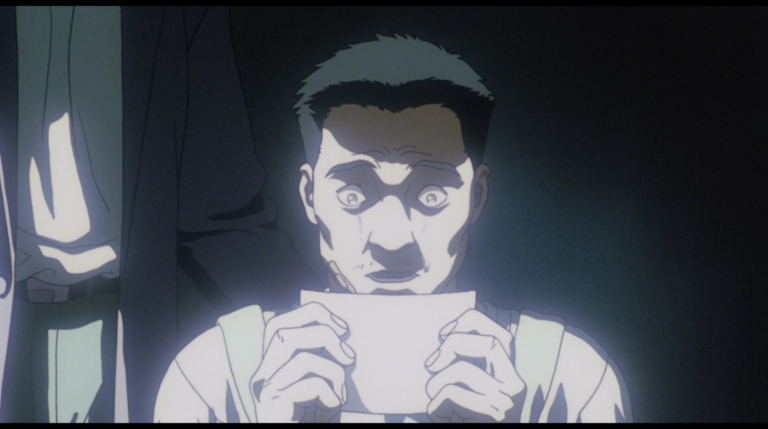
Oshii’s attitude toward the virtual, roaming intelligence is less skewed toward it having ill intentions. The Puppet Master’s achieved sentience allows it a more nuanced intelligence. Similarly, Kusanagi’s own doubts of her identity as a human enables her to find common ground with the Puppet Master. Ghost in the Shell, despite borrowing its namesake from Koestler’s book, treats the idea of intelligence as a separate and even abstract entity from a physical body.
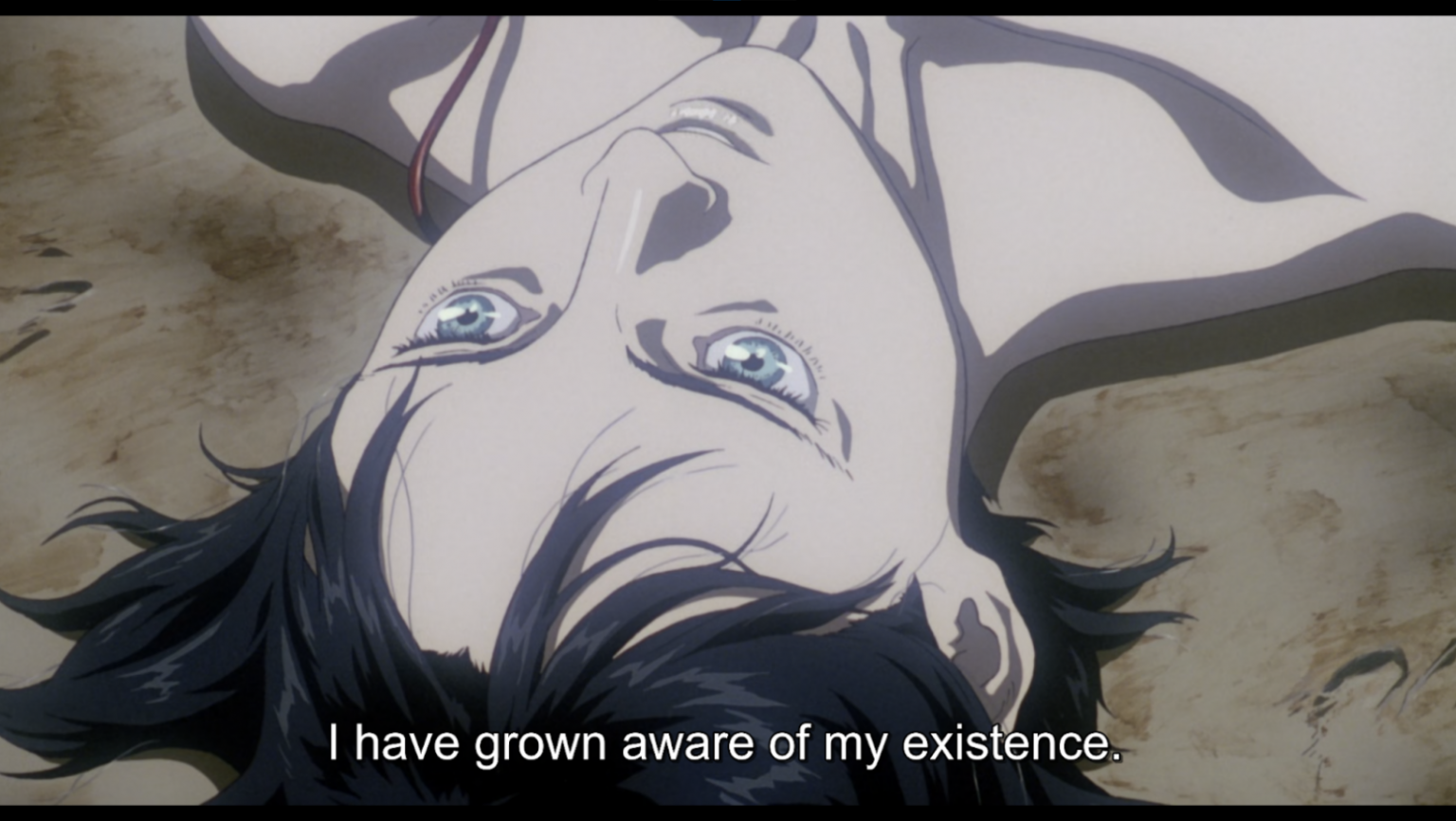
The Wandering Earth 2 (2023)
The Wandering Earth 2, directed by Frant Gwo, imagines a future where the fate of humanity is threatened by the Sun’s expansion which will consume it in 100 years. To preserve the species, humanity decides to turn the Earth into giant spaceship in search of a new solar system. However, a radical group Digital Life Project believes that the only hope is in digital immortality, by uploading the human mind to the cloud.
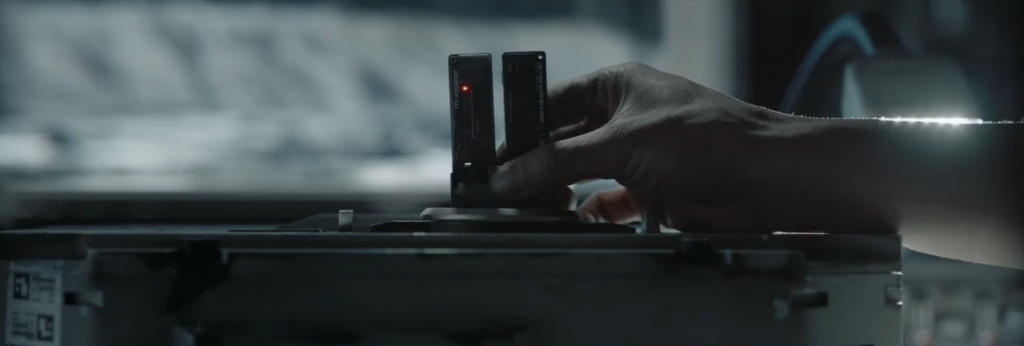
While predominantly framed as a disaster film, The Wandering Earth 2 weaves in artificial intelligence prominently as a essential tool in securing humanity’s future. Tu Hengyu, an engineer who worked on the Digital Life Project, is obsessed with the saved digital consciousness of his late daughter who passed in an accident. Her intelligent consciousness, in digital form would be indistinguishable, save for its ephemeral nature. The film presents this digital immortality as a life of its own, a consciousness that possesses not only memory and behavioural patterns, but physical capability that exists in its own virtual space.
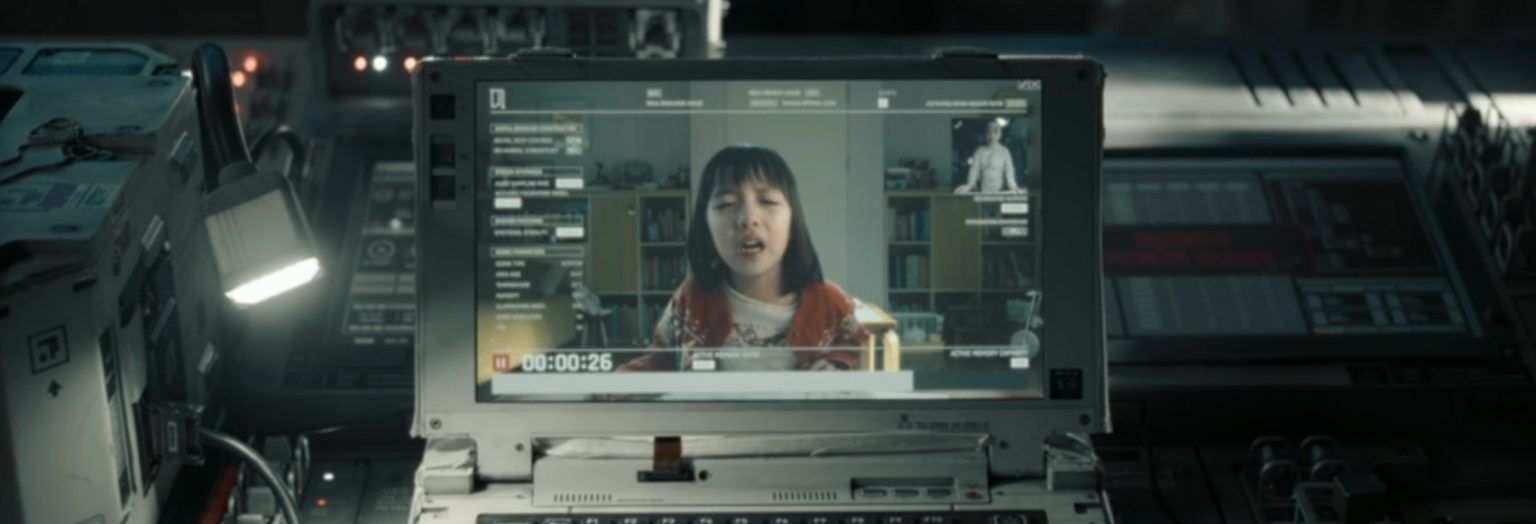
While Frant Gwo hints at the over reliance of humans on artificial intelligence, painting mass surveillance in an ominous manner, he treats the existence of sentient intelligence as a breakthrough in technology. The prospect of digital immortality is viewed as a benevolent alternative to death, giving both human form and thought to the digital copies of consciousness. When Hengyu makes the decision to immortalise the digital reincarnation of his daughter, it’s viewed as a radical but also heartfelt act at preserving a fragile memory.
These three films are far from the only examples of mind-body dualism being explored in film, but they each possess their unique attitude in portraying the possibilities linked with such a concept. Starting from the industrial machinery of German expressionism, to dazzling Japanese animations of a cyberpunk city, and arriving at our present imaginations of atrascendent form of artificial intelligence. Though a concrete answer doesn’t yet exist for the conundrum of the mind-body dilemma, the films serve to provoke further discourse.
——————————————————————————-
This review is published as an extension of *SCAPE’s Film Critics Lab: A Writing Mentorship Programme organised by The Filmic Eye, with support from the Singapore Film Society.
About the Author: Ivan Chin has a penchant for Hong Kong cinema and science-fiction films, but enjoys anything from blockbusters to the avant-garde. His favourite directors include Johnnie To, Denis Villeneuve and Stanley Kubrick. He also fervently hopes to see local films blossom. In his free time, he can usually be found wandering around cinemas.
——————————————————————————-

